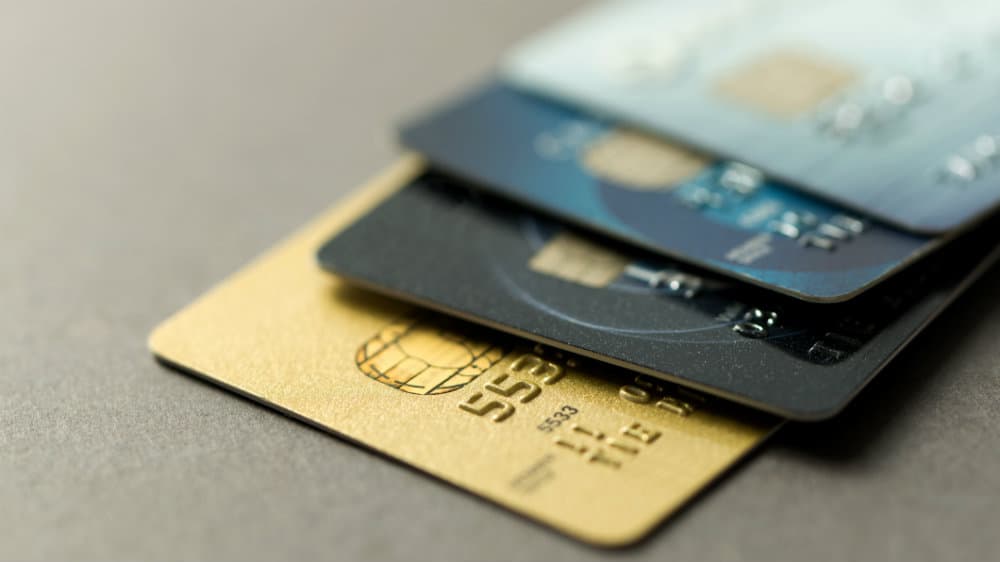The RAC reports that average petrol and diesel prices have reached new highs due to the crisis in Ukraine. Petrol prices have risen to £1.49 per litre, beating the previous high of £1.48 set in November 2021. And the outlook is gloomier still, with petrol prices forecast to rise to as much as £1.60.
Escalating petrol prices have added to the general squeeze on the cost of living. Inflation has recently hit a 30-year high, pushing up food and energy costs. And borrowers are facing an increase in the cost of their debt with higher interest rates.
So, how will the escalating situation in Ukraine impact prices at the pump? And if you’re struggling with your finances, what steps can you take to manage credit card debt?
[top_pitch]
What’s the likely impact on petrol prices?
The UK imports six times more oil and gas from Norway and the US than it does from Russia, according to Statista. But the UK is still dependent on global wholesale prices.
Russia is the second-largest exporter of oil and the top global producer of natural gas. The UK, the US and the EU have threatened to impose severe sanctions if Russia invades Ukraine. This disruption to supply could cause the cost of crude oil to skyrocket according to JP Morgan.
The FT reported that Brent crude oil rose to $100 a barrel earlier this week, its highest price for eight years. A further rise to $120 a barrel could push up petrol prices to over £1.60 a litre. That would increase the cost of filling up a 55-litre family car from £82 to £88.
How can you reduce your fuel costs?
Here are a few suggestions for reducing your petrol consumption:
- Watch your speed: you use 18% more fuel driving at 75 mph than you do at 60mph according to the Energy Saving Trust.
- Remove roof racks and storage boxes: tests by Consumer Reports show that removing these items when not in use improves fuel economy by 19%.
- Check your tyre pressures: underinflated tyres can increase fuel consumption by 5% according to Cars Direct
How can you save money on credit card debt?
According to The Money Charity, the average credit card debt in the UK is more than £2,100 per household. This figure is likely to grow, given rises in the cost of living and interest rates. The Bank of England recently raised its base rate to 0.5% and is forecast to increase it to 1.25% by the end of 2022 according to Capital Economics.
This is bad news for borrowers, particularly those with high-interest credit cards. If you’re unable to pay off your balance in full each month, interest is added to the balance. Trying to reduce credit card balances can therefore become a vicious cycle.
Here are three steps can you take to help pay off your credit card debt.
1. Look at a balance transfer credit card
A 0% balance transfer card might enable you to transfer an outstanding credit card balance without paying any interest for a fixed period. This may give you the breathing space to start reducing the overall amount you owe. If you’re looking at this option, we’ve written a helpful comparison of our top-rated balance transfer credit cards.
2. Consider a 0% purchase credit card
These cards offer an interest-free period for new purchases. This might free up money to pay off higher-interest credit cards without incurring more interest charges. We’ve provided details of these on our shortlist of top-rated 0% APR credit cards for new purchases.
3. Pay off high-interest credit card balances first
If you have multiple credit cards, it’s better to pay off the higher-interest card balances first. This will reduce the overall interest you’re charged. However, it’s important that you continue to make the minimum payments on other cards. Missing payments may also affect your credit score.
Our credit card repayment calculator can help you to calculate how long it might take to clear your balance based on your interest rate, repayments and outstanding balance.
[middle_pitch]
Take away
Households are already facing significant increases in the cost of living. Rising petrol prices will only make this worse.
If you’re struggling with credit card debt, you may want to think about ways of reducing the interest you’re paying. Our credit card eligibility checker does some of the hard work for you by listing the credit cards you might be eligible for.







